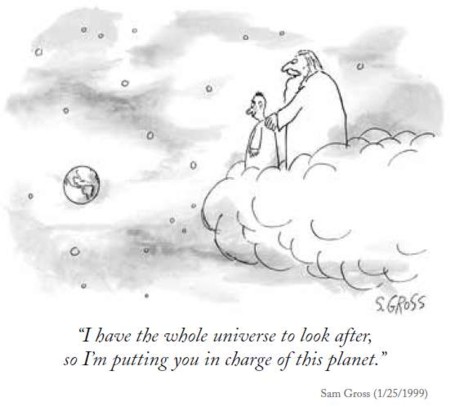The problem of space
For most of the past century we have known that our galaxy, the Milky Way, contains about three hundred billion stars, like our Sun. Astronomers have now mapped around 10,000,000 similar galaxies. But when the Hubble space telescope was pointed to an apparently empty portion of the universe and its camera shutter opened for a long time exposure, instead of blackness it photographed tens of thousands of un-mapped galaxies. The observable universe is now estimated to contain 9 × 1021 stars (9 billion trillion stars). Planets have been discovered orbiting most nearby stars and it is believed that most stars have a planetary system, just as most planets have moons.
Within our own solar system we have now discovered water on Mars and it is now very likely that we will discover primitive life forms on Mars and possibly on one of the moons of Jupiter or Saturn.
We hold ourselves supreme on this planet for our intelligence. Only humans (and our computers) can play chess or understand electromagnetism sufficiently well to build a radio or a light emitting diode. But many animals and even plants have the appearance of limited intelligence, the power to choose - volition. Watch an ant, among the simplest of animals, for a few minutes. Does she seem to have the ability to choose a way around if you interfere with her foraging? Does a dog or cat appear to be empathetic?
Notwithstanding the discovery of simple life such as bacteria elsewhere in our solar system, it is extremely likely that many of the billions of trillions of planets that we now know to exist, host complex life. None of them may resemble humans but if they’re intelligent do they too embody an immortal soul? If they don’t, why not? If they do, does their soul share heaven with us? It is reasonable to ask the status of a human God, in whose image we are made, on another planet, far beyond the reach of our current communications.

